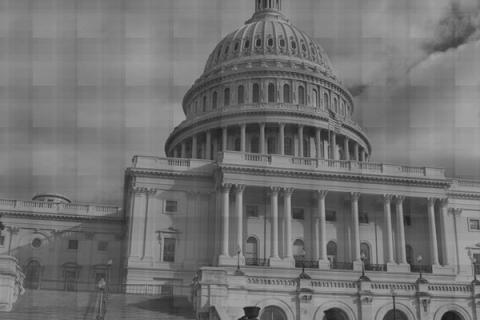The city of San Juan Capistrano, built around a two-century-old Catholic mission in Orange County, California, is now seeing a religious and legal debate unfold as one family litigates against the city after being fined $300 for holding weekly Bible studies. The family says their freedoms of religion and assembly are being violated. The city says it's not about religion, but zoning rules and street access for other residents in the area.
Stephanie and Chuck Fromm, who publish a twenty-year-old international magazine for church worship leaders, have been holding Bible studies in their spacious San Juan Capistrano home in a wealthy, rural neighborhood for some time now. But a neighbor recently complained about the weekly gatherings, which draw up to 50 people on Sundays and twenty on Thursdays, prompting a warning and then a fine from the city.
With legal representation from the Sacramento-based Pacific Justice Institute, the Fromms are now suing the city for their money back and the right to continue holding weekly Bible study meetings in their home, charging that their religious liberties have been violated. Brad Dacus, president of the Pacific Justice Institute, had strong words of condemnation for the city's actions:
"In a city so rich with religious history and tradition, this is particularly egregious. An informal gathering in a home cannot be treated with suspicion by the government, or worse than any other gathering of friends, just because it is religious. We cannot allow this to happen in America, and we will fight as long and as hard as it takes to restore this group's religious freedom."
But city officials counter that the warnings and fine have nothing to do with the weekly gatherings' religious nature. One spokeswoman said that the weekly meetings have an effect on residential life for others living in the area, with impacts on parking and street access. The meetings also violate a municipal code that prohibits any non-profit organizations from meeting in residential neighborhoods without a "conditional-use permit."
The Fromm family, however, is incredulous at the suggestion that its Bible studies restrict parking or street access to other residents, or cause any other kind of nuisance to them. Their 4,700-square-foot home sits on a super-sized lot with a corral, barn, pool, and six acres of open land between the Fromm house and its nearest neighboring house, more than enough to accomodate parking without blocking the street.
While many of the Fromm family's complaints and arguments appear quite reasonable, and any sympathizing home owner can understand their frustration with zoning regulators after investing so much time and money in their home, charging that they are being specifically targeted because of their religious practices is likely to require some stronger evidence in court. Instead, this may simply be more a matter of property owners in a dispute against city regulations that might reasonably be considered unfair.
There is some recent precedent in California with a similar dispute, which arose in 2009 over a San Diego County Bible study. After county officials warned the homeowners that they were violating zoning codes, the matter was settled out of court when the county apologized and withdrew its warning.

